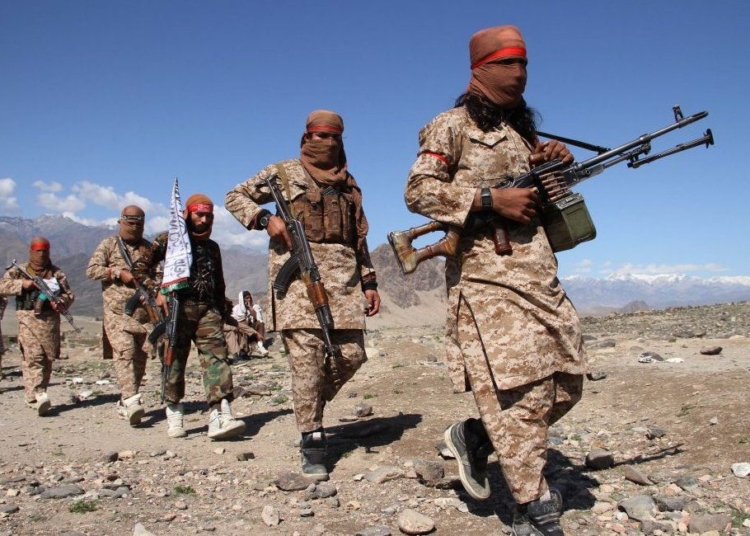In recent years, the Taliban has experienced a resurgence in Afghanistan, reclaiming control of large areas of the country. This resurgence has serious implications for regional security and counterterrorism efforts, as it could provide safe havens for terrorist groups like Al-Qaeda and ISIS. The Taliban, which was ousted from power in 2001, has been fighting an insurgency against the Afghan government and its allies, and their recent offensive has challenged the government’s authority. If the Taliban regains control, it could destabilize the entire region, leading to increased violence and conflict. Additionally, their history of providing safe havens for terrorist organizations poses a significant threat to global security. It is critical for the international community to address this threat to prevent dire consequences for Afghanistan and the entire region.
The Taliban’s Resurgence in Afghanistan: Implications for Regional Security and Counterterrorism Efforts
Over the past few years, the Taliban has seen a resurgence in Afghanistan, retaking control of significant portions of the country. This resurgence has significant implications for regional security and counterterrorism efforts, as it potentially allows the group to once again offer safe havens to terrorist organizations, such as Al-Qaeda and ISIS.
Background
The Taliban, which ruled Afghanistan from 1996 to 2001, was ousted from power by US-led military intervention following the September 11 attacks. Since then, the group has been waging an insurgency against the Afghan government and its international allies, seeking to regain control of the country. Despite efforts to defeat the Taliban and rebuild Afghanistan, the group has managed to regroup and launch a new offensive, seizing territory and challenging the government’s authority.
Implications for Regional Security
The Taliban’s resurgence has significant implications for regional security. If the group is able to regain control of Afghanistan, it could destabilize the entire region, leading to increased violence, refugee flows, and regional conflict. The Taliban’s return to power could also embolden other extremist groups in the region, such as the Pakistani Taliban, further destabilizing neighboring countries.
Counterterrorism Efforts
From a counterterrorism perspective, the Taliban’s resurgence is alarming. The group has a history of providing safe havens to terrorist organizations, and its return to power could once again allow these groups to operate and plan attacks from within Afghanistan. This could pose a significant threat to the US and its allies, as well as to regional stability.
Conclusion
The Taliban’s resurgence in Afghanistan has significant implications for regional security and counterterrorism efforts. It is essential for the international community to address this threat and prevent the group from regaining power. Failure to do so could have dire consequences, not only for Afghanistan but for the entire region as well.













